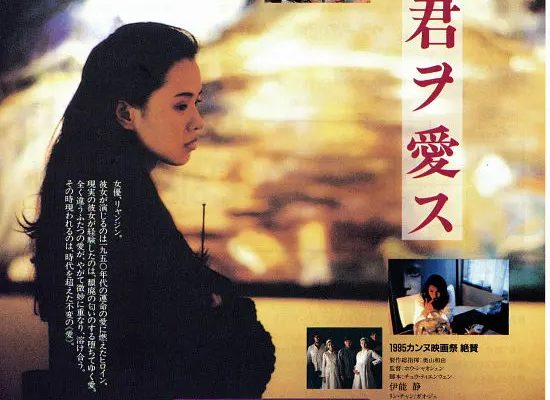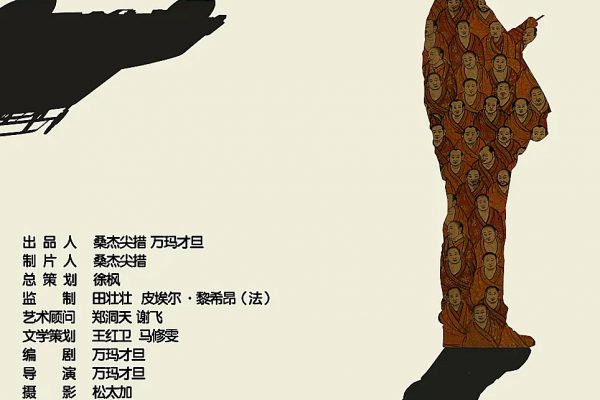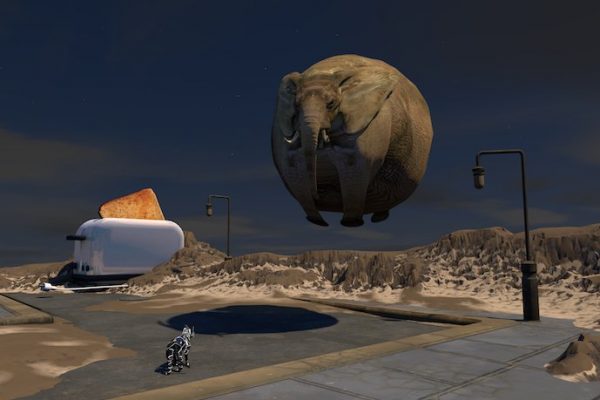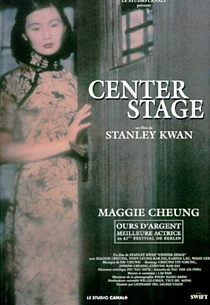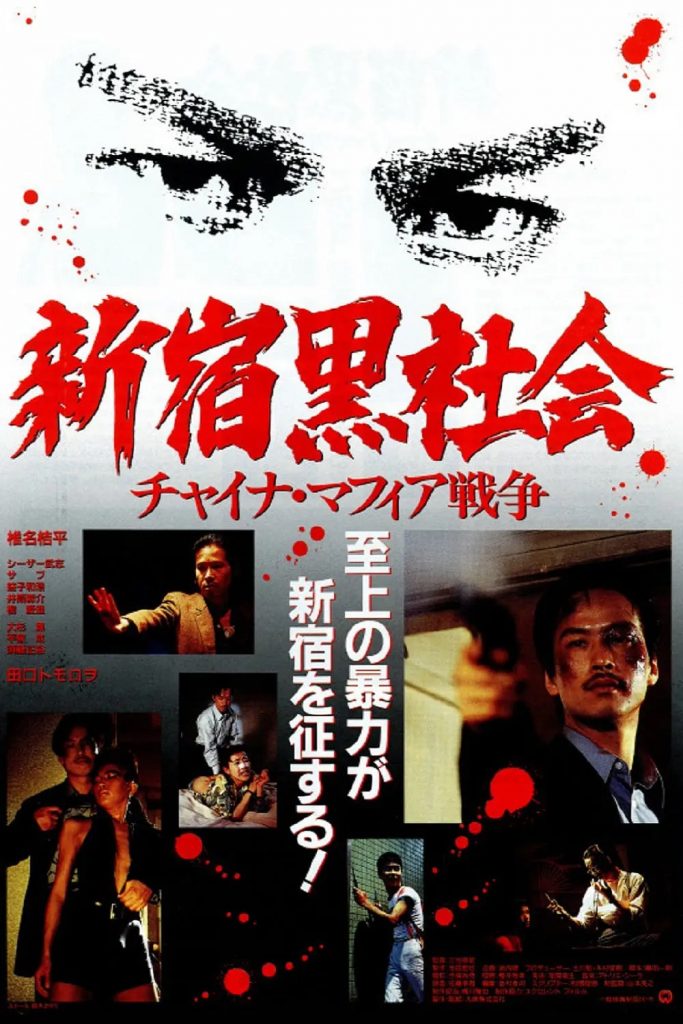
Mika Ko has a thorough discussion on the bodily expression of this film, especially in the metaphorical role of the body as an ideology symbol: fragmented body and collapsed body boundaries stands for shattered and deconstructive identity (ko,129). Ko’s argument still relies on the fact that the énonciation of the film makes sense, but I think the film is full of flaws in its making-believing level, which in turn puts Ko’s argument into shakable position. What interests me most is the body as the bodily existence itself in this film, I would like to argue that: this is a film mal fait in a theatrical sense because it failed on creating certain illusion, but there are certain authenticities in it especially in a performative way, and the author/director’s aesthetic and sensible perceptions also lies in this performativity of the film.
As a Chinese audience whose mother tongue is Mandarin and who understands some Japanese and Minnan Chinese, watching this film is an interesting experience: almost all pronunciation and articulations of the Chinese lines are inaccurate or deviant: Wang Zhi-Ming’s lover speaks Minnan Chinese with a heavy Japanese accent; Kiriya’s mother speaks northern Mandarin in an affected manner, let alone the fact that Kiriya’s Chinese is not good enough. Traditional performances rely on the tricks of actors to create hallucinations, in which the articulation of the actors is the most important. If we assume that director Miike has a complete design and mastery of actors’ performance, the sincerity and credibility in a Stanislavsky way are apparently not what he is pursuing. Correspondingly, even when speaking Japanese, the actor’s performance is not as credible as in method acting. Their acting is expressional rather than phycological, like in traditional Noh or Kabuki performance. The interaction between actors、facial expressions、the fragmented plots, and design of settings and props, all reinforce the artistic characteristics of expressionism.
Among them, perverted sex and blood scenes, hair, kidneys, and other body accessories, all together create an abjective[i], liminal performance space. Instead of taking those fighting scene as the collapse of body boundaries, I would rather think it as how those bodies interact with each other, and the kinesthetic brought about by the fighting process is the source of ecstasy generated while watching the movie, just like when watching a dance theatre. In the final scene of Kiriya and his younger brother Yoshihito, the dance/fight is even cathartic: after the fight, Yoshihito fainted and went back to an infantile state.
Besides, although the acting is not accurate, the casting is well thought out. The hybrid brothers don’t look like each other at all: Kiriya’s face contour is softer than Yoshihito who has a more typical Japanese look, Kiriya shares more ethnic resemblances with Wang Zhi-Ming than with his own younger brother. In one scene, Wang and Yoshihito are sitting back to back, while Kiriya is in Taiwan investigating Wang’s past. In the hometown of Wang, Kiriya seems to find his own lost memory/melody too. We may argue that Wang and Yoshihito are both Kiriya’s alter egos, killing Wang is killing his Chinese origin, and the frantic fight seems to complete the transformation and purification of Yoshihito/Kiriya into a “normal Japanese”. When Kiriya speaks with his father over the phone, we learned that Yoshihito was “like a child now”, his infantility shows the power of violence. Kiriya killed wang and established his own order and identity through this power of violence, which is a reenactment of the patriarchal logic of Asian society.
In sum, I do not agree
with Mika ko’s conclusion of Miike’s film being deconstructive because nothing
is deconstructed in the film except for those chopped bodies. It is still a construction when
Kiriya tries to build his subjectivity from nothingness as a hybrid through the
experience of abjection. In the
last shot of the film, when he looks back from the crowd, he is looking back
from nothingness to the future, as a newly constructed/ confirmed self.
[i] In powers of horror (Pouvoirs de L’horreur), Kristeva outlines a pre-symbolic phase characterised by strong feelings of horror and revulsion of the subject in relation to certain objects, people and situations, and the rejection of the abject thing is formative of the ego.

